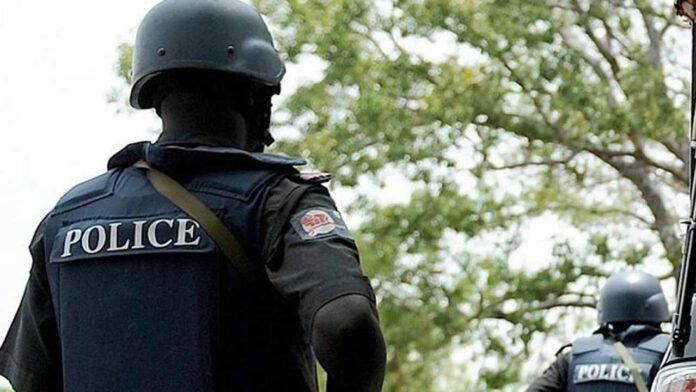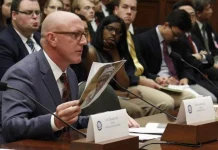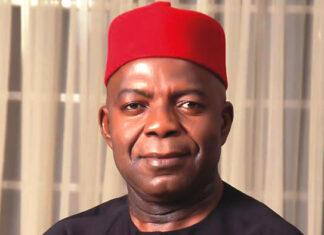The Nigeria Police Force has issued a strong warning to individuals or groups planning to stage protests around the Aso Rock Presidential Villa and adjoining national institutions, cautioning them to desist in line with a subsisting court order.
Force Public Relations Officer, CSP Benjamin Hundeyin, disclosed this in a statement released in Abuja, explaining that the warning followed a recent ruling of the Federal High Court, Abuja, which barred demonstrations in the sensitive areas of the capital.
He stated: “The order restrains the respondents and any other persons or groups acting under their instruction from staging protests within and around Aso Rock Villa and its environs. Other areas are the National Assembly Complex, Force Headquarters, the Court of Appeal, Eagle Square and Shehu Shagari Way.”
According to Hundeyin, the court order was granted on October 17 in the case between the Federal Republic of Nigeria v. Omoyele Sowore & 4 others. He emphasized that the directive applies to all intending protesters, including those agitating for the release of Mazi Nnamdi Kanu.
“Accordingly, all intending protesters and counter-protest groups are strongly advised to avoid restricted areas and to refrain from any act, capable of provoking confrontation or disturbing public order,” he warned.
The police spokesman said the Force remains committed to maintaining peace, protecting lives and property, and ensuring the free flow of traffic across the Federal Capital Territory (FCT).
Hundeyin cautioned that any individual or group attempting to exploit the protests to incite violence, carry weapons, vandalize public or private property, kidnap, or engage in conduct that could cause loss of life or serious injury would face the full weight of the law.
He added that such offenders would be arrested, investigated, and prosecuted under applicable criminal laws, including those relating to public order, violent conduct, and even terrorism if necessary.
Hundeyin further warned that individuals who use social media or other platforms to incite violence would not be spared, as digital evidence would be deployed to trace and prosecute them.
He revealed that the Inspector-General of Police, Kayode Egbetokun, had directed the Commissioner of Police in charge of the FCT and relevant operational units to enforce the court order strictly.
According to him, the IGP also instructed the FCT Command to “maintain visible and strategic deployments across vulnerable locations, and ensure the safety of residents and lawful activities in the FCT.”
Hundeyin appealed to organisers and participants of planned protests to abide by the law, avoid restricted areas, and refrain from carrying offensive weapons or engaging in provocative acts.
He urged aggrieved individuals to pursue redress through lawful and judicial channels rather than taking to the streets.
The police spokesperson assured members of the public that adequate security arrangements had been made to protect law-abiding citizens and preserve peace within the capital.
He concluded with a reassurance:
“Those not engaging in the protest are advised to go about their lawful businesses without fear. Anyone found to be in breach of the court’s order or in contempt of the law will be arrested and prosecuted.”


























